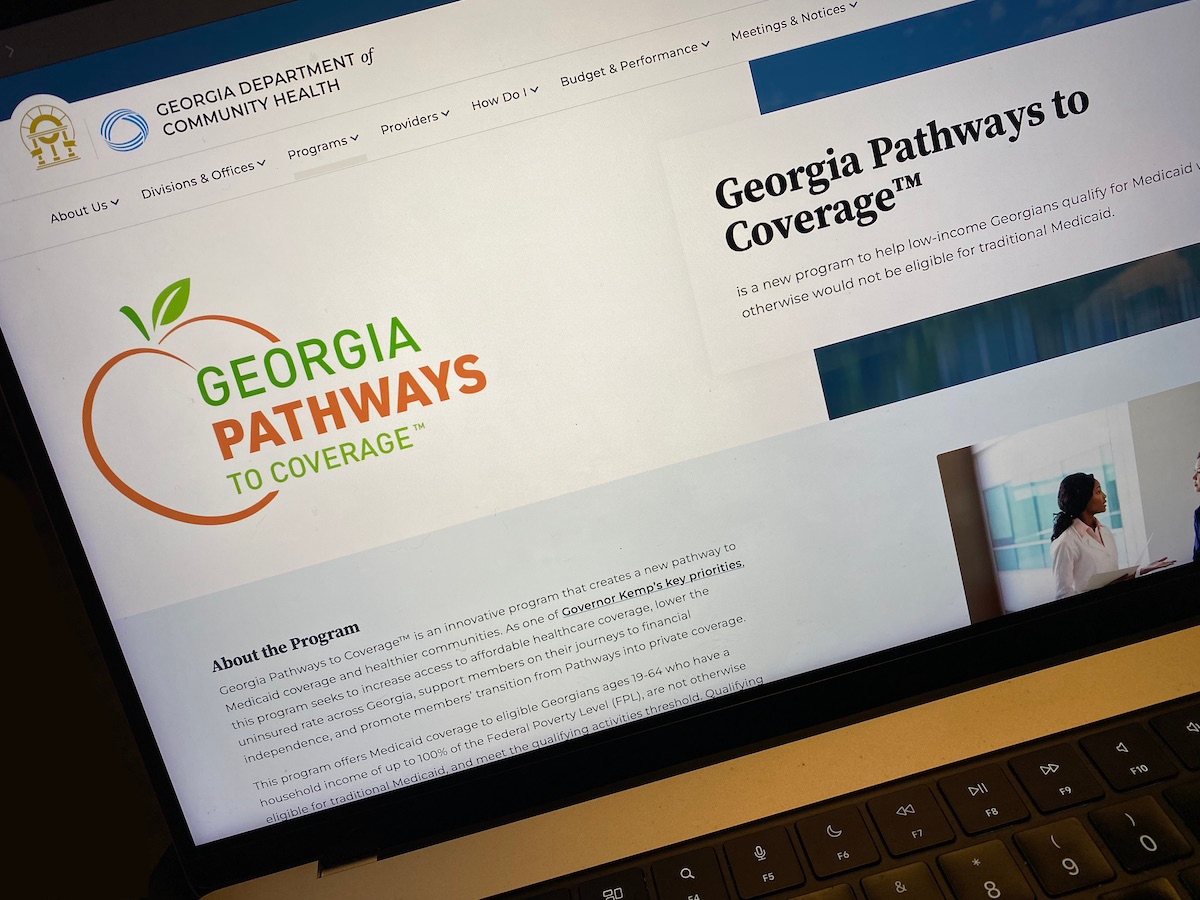
(GA Recorder) — U.S. Sen. Raphael Warnock’s push to cap out-of-pocket insulin costs at $35 per month yielded pocketbook protection for seniors in last year’s Inflation Reduction Act.
But he couldn’t convince his colleagues to go further and curb costs for the life-saving drug for people with private insurance.
The Georgia Democrat has since revived his original proposal to cap insulin costs for everyone, including those who are uninsured. And this time, he is co-sponsoring the bill with Louisiana U.S. Sen. John Kennedy, who is a Republican.
“We will continue to work hard in the Senate until we get this over the finish line,” Warnock said Monday during a panel discussion at Southside Medical Center in Atlanta. “And I do this because I believe that health care is a human right. And it is certainly something the wealthiest nation on the planet can and ought to provide for all of its citizens.”
Warnock has long championed the issue, arguing that a century-old drug should not be expensive for anybody today. Some Americans have struggled to afford insulin in recent years as the prices skyrocketed, leading them to ration supplies or take other desperate measures.
“Diabetes is a nasty disease. It affects every aspect of a person’s life and of their body,” said Dr. Theresa Jacobs, clinical director for Georgia Primary Care Association. Jacobs said she has had to prescribe medication based on what her diabetic patients can afford.
Warnock introduced the expansion bill in March. He was in Atlanta Monday with Chiquita Brooks-LaSure, administrator of the Centers for Medicare and Medicaid Services.
Americans with prescription drug coverage through Medicare are now seeing the monthly cap in action. For those who use a traditional pump, the monthly cost limit will kick in this July.

“It’s real money for people. It’s real access to care,” Brooks-LaSure said.
Under Warnock’s proposal, the $35 per month cap would extend to those with private insurance as well as uninsured insulin users.
Warnock, who was reelected last fall to a full six-year term, said Monday that an initial assessment from the Congressional Budget Office put the price tag at $629 million over a decade to cap the monthly insulin cost for those who have insurance.
“We can afford that, and we cannot afford not to do it,” Warnock told reporters Monday. “And we have to cover folks who have no insurance as well.”
The proposal also calls for a program within the U.S. Department of Health and Human Services that would allow health care providers and pharmacies to be reimbursed for costs above $35 for insulin dosage for anyone who is uninsured.
“By making preventative care more accessible, this bill would reduce long-term health care costs for individual patients, avoid devastating complications from diabetes and take pressure off the entire health care system,” Kennedy said in a statement this spring.
Twenty-two states have already moved to ease the cost insulin burden on their residents, with varying limits on out-of-pocket costs. Next door, Alabama has a $100 cap for a 30-day supply.
Under pressure, major drug companies have also announced plans this year to lower the list price for insulin products.
That has raised questions about whether more congressional intervention is even needed. Warnock argues it is.
“We have to keep pushing,” he said. “The marketplace alone is never a panacea for all problems, and so part of the dosage you need, if you will, to get this corrected in terms of the politics is good legislation, coupled with the innovation that we hopefully will continue to see in the private sector.”






